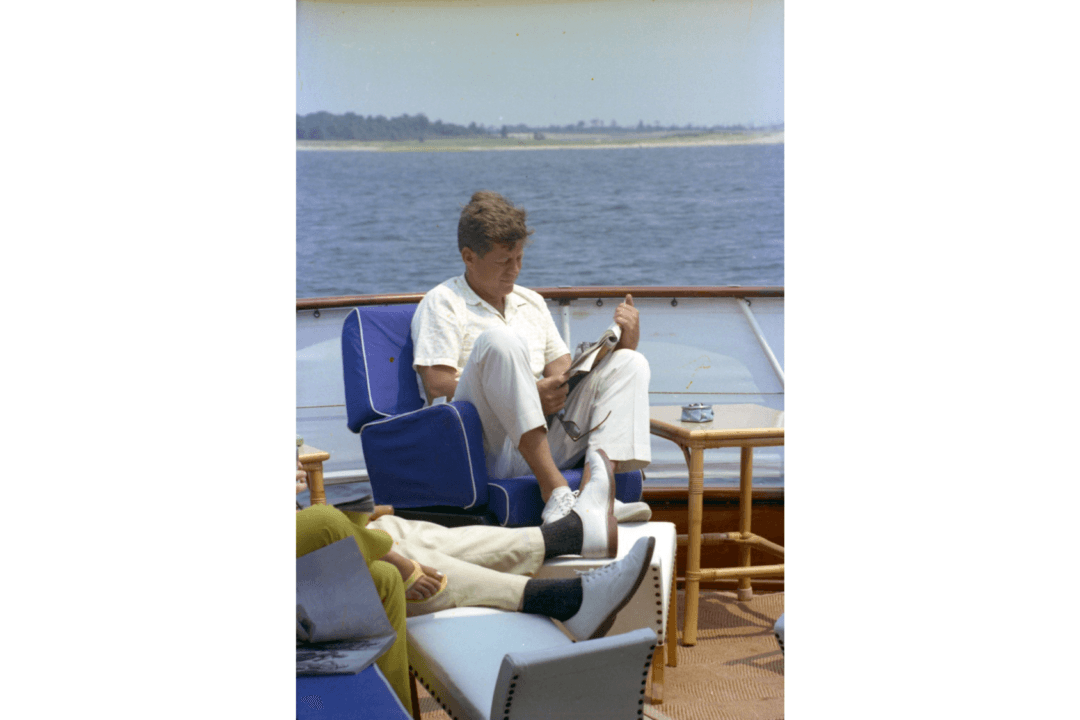Before his assassination and afterwards, John F. Kennedy (1917–1963) was lauded by his admirers for reasons running from his policies as president to his charm and good looks. Some even associated his administration with a popular musical of the time, “Camelot,” with that play’s glamour and idealism transported from Broadway to the White House.
Over the last 50 years, other biographers and historians have taken the shine off this romance, exposing Kennedy’s personal flaws and hashing out the mistakes made by his administration. Today, he is probably better remembered, especially among the Gen Z crew, more for his assassination than for events like the Cuban Missile Crisis or American achievements in space.






